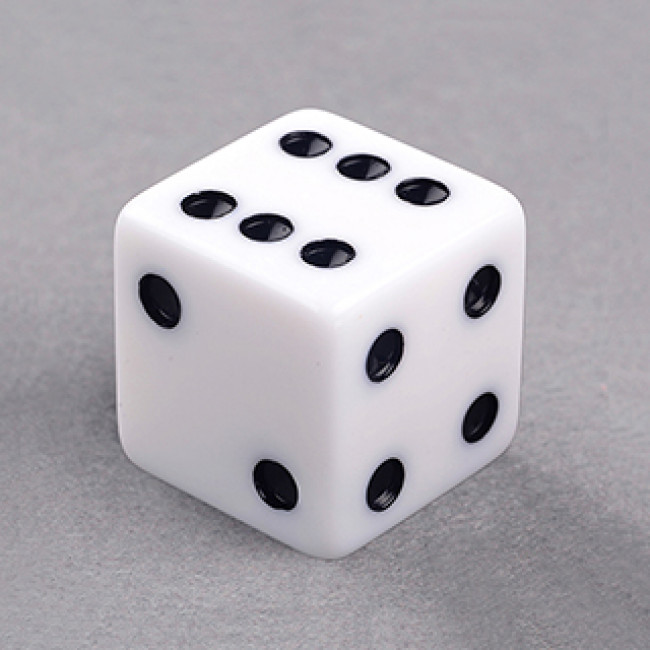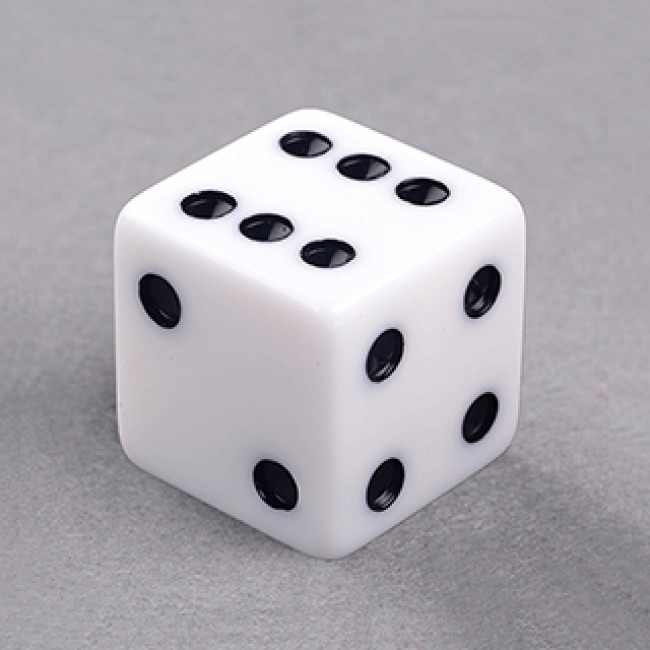Introduction
Golf has been a popular sport for centuries, and over the years, the equipment used in the sport has undergone several changes. One of the most significant changes in golf equipment was the development of the golf ball. Today, there are several types of golf balls available, including the balata golf ball. In this article, we will discuss what balata golf balls are, their history, and whether they are still allowed to be used in the game.

What are Balata Golf Balls?
Balata golf balls are a type of golf ball that was commonly used in the sport from the 1930s to the 1980s. They were made from the sap of the Balata tree, which is native to South America. The sap was harvested and processed to create a rubber-like material that was used to make the outer layer of the golf ball.
Balata golf balls were popular among golfers because of their soft feel and excellent spin control. They were also known for their distance and accuracy, making them the preferred choice for many professional golfers. However, balata golf balls were also notorious for their lack of durability. They were prone to scuffing and cutting, which would affect their performance on the golf course.
History of Balata Golf Balls
Balata golf balls were first introduced in the 1930s by the Spalding Company. They quickly gained popularity among golfers, and other companies began to manufacture their own versions of the ball. In the 1950s and 1960s, balata golf balls became the standard ball used by professional golfers.
The popularity of balata golf balls peaked in the 1970s when top golfers like Jack Nicklaus, Arnold Palmer, and Gary Player endorsed them. These golfers were known for their exceptional skill, and their preference for balata golf balls only increased the demand for them. Balata golf balls were considered the gold standard in golf equipment, and their use was a symbol of a golfer's skill and status.
However, the popularity of balata golf balls began to decline in the 1980s. New materials and manufacturing techniques were developed, which led to the production of more durable and consistent golf balls. These new balls, which were made from materials like Surlyn and Urethane, were more resistant to scuffing and cutting, making them more reliable on the golf course.
Characteristics of the Balata Golf Ball
The balata golf ball has several unique characteristics that make it different from other types of golf balls. One of the primary characteristics of the balata golf ball is its soft feel. When struck, the ball compresses slightly, which gives it a soft feel, and this can be beneficial to golfers who want more control over their shots.
Another characteristic of the balata golf ball is its ability to spin more than other types of golf balls. This spin allows golfers to achieve more accuracy and distance, particularly when playing approach shots and shots around the green. The balata golf ball also has a higher trajectory than other types of golf balls, which means it can carry further in the air, allowing golfers to achieve more distance on their shots.
Advantages of the Balata Golf Ball
The balata golf ball offers several advantages to golfers, particularly those with a low handicap. One of the primary advantages of the balata golf ball is its soft feel, which can be beneficial when playing short shots around the green. The soft feel allows golfers to have more control over their shots, which can result in more accurate shots and lower scores.
Another advantage of the balata golf ball is its ability to spin more than other types of golf balls. This spin allows golfers to achieve more accuracy and distance, particularly when playing approach shots and shots around the green. The increased spin also allows golfers to stop the ball more quickly on the green, which can be particularly beneficial when playing on fast greens.
Disadvantages of the Balata Golf Ball
Despite its advantages, the balata golf ball also has several disadvantages, particularly for high-handicap golfers. One of the primary disadvantages of the balata golf ball is its high cost. Balata golf balls are more expensive than other types of golf balls, which can make them difficult for some golfers to afford.
Another disadvantage of the balata golf ball is its low durability. Balata is a soft rubber that can be easily damaged when struck by a golf club, particularly if the clubface is not clean. This can result in the ball losing its shape, which can affect its flight and performance. In addition, the balata golf ball is more susceptible to damage from water
Are Balata Golf Balls Banned?
Balata golf balls are not banned in golf, but they are no longer widely used. The United States Golf Association (USGA) and the Royal and Ancient Golf Club of St. Andrews (R&A) are the governing bodies that set the rules for golf equipment. According to the rules, golf balls must meet certain standards for size, weight, and other specifications.
In the early 2000s, the USGA and R&A set a limit on the initial velocity of golf balls. This limit was intended to regulate the distance that golf balls could travel. The new rule affected all golf balls, including balata golf balls. As a result, balata golf balls became less popular because they were unable to match the distance of newer golf balls.
Balata golf balls are also less durable than newer golf balls. This lack of durability makes them unsuitable for use in modern golf equipment, which is designed to withstand the high swing speeds of professional golfers. Today, most golf balls are made from materials like Surlyn and Urethane, which offer a balance of distance, accuracy, and durability.
Conclusion
Balata golf balls were once the gold standard in golf equipment. They were known for their soft feel, excellent spin control, and accuracy. However, they were also notorious for their lack of durability, which led to their decline in popularity.
















